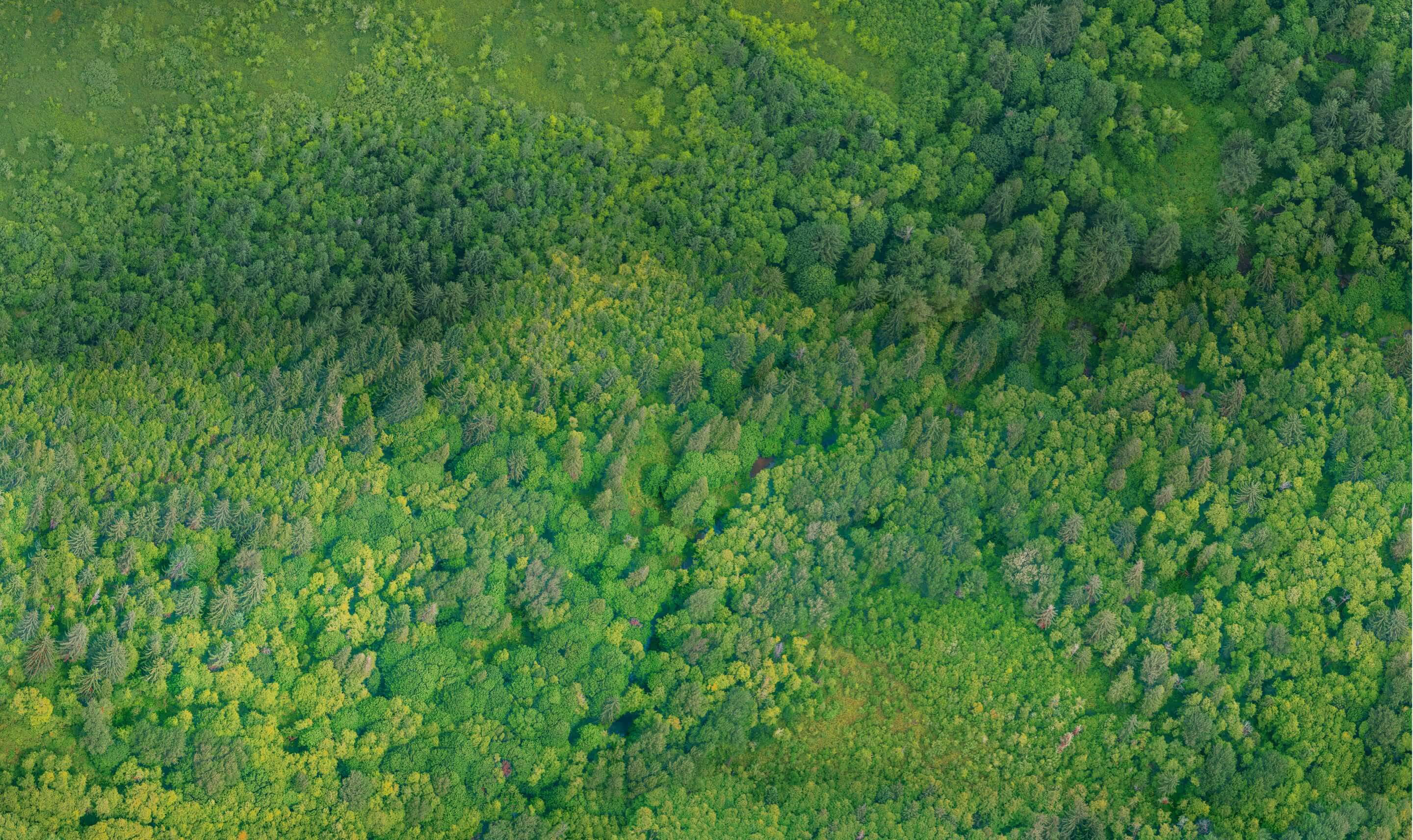Let's save the environment from plastic pollution

Imagine a world where beaches are covered in plastic waste... A world where oceans are transformed into open-air trash cans. A world where humans ingest plastic particles all the time. Unfortunately, this is the reality we are facing today. Every year, millions of tons of plastic are dumped into our fragile ecosystems, causing irreparable damage. There is still time to take drastic measures. Every action counts and together, we can contribute to ending this ecological disaster.
The impact of plastic pollution
On ecosystems
Plastic pollution is wreaking havoc on terrestrial and marine ecosystems. It seeps everywhere. Wild animals get trapped in plastic waste, suffocated or poisoned by ingestion. The oceans, on the other hand, are turning into real open dumps, threatening the survival of marine species. In France, The Mediterranean is the most polluted European shoreline.
On climate change
The majority of plastic is made from raw materials derived from fossil fuels such as gas or oil. Its production, use and waste management (by incineration) contribute to climate change through their greenhouse gas emissions and their impact on natural ecosystems. The carbon footprint of plastic is 1.8 Gt of CO2 in 2019 or 3.4% of global emissions.
On the health of living beings
Microplastics and nanoplastics are now found in our food chain, threatening our own health and well-being, but also that of fauna and flora. A 2019 WWF report reports that a human ingests the equivalent of a plastic bank card per week (i.e. 2000 particles). It mainly absorbs it by drinking water from plastic bottles and taps. The impact of these particles on health is still poorly understood!
But that is not all. Plastic pollution also impacts some communities, especially those living near coastal areas or open dumps. Plastic waste clogs drainage systems, causing floods and diseases. In addition, the visual and olfactory pollution they generate damages the quality of life of local populations, affecting their psychological and social well-being.

What is the origin of plastic pollution?
The overconsumption of plastic, at the heart of the problem
In 2019, according to an OECD report, 460 million tons of plastic were produced in the world, more than double that in 2000! If nothing is done, the quantity will triple by 2060. Plastic packaging, in particular, accounts for an important part of this overproduction. They are often used in unique ways before being thrown away.
The poor management of plastic waste
Of these 460 million tons of plastic produced in the world, 353 million become waste that can potentially be dispersed in the environment. Open dumps, often used as a solution in many countries around the world, allow them to end up in waterways and oceans. And they take centuries to decompose there. The lifespan of a plastic bottle, for example, is 100 to 1000 years!
Poor waste management is not only the result of developing countries... In France, nearly 900,000 tons are buried every year according to the Parliamentary Office for the Evaluation of Scientific and Technological Choices (OPECST). Their landfill rate is only 32.5%. France, among other countries, also exports a lot of waste for treatment... In 2019, it would be 800,000 tons according to Customs. The problem is that their cremation sometimes endangers local populations, especially in Turkey.

What are the solutions to fight against plastic pollution?
There are several solutions to combat plastic pollution, ranging from individual measures to governmental and international actions. Here are some of the main options:
Responsible behaviors
To put an end to plastic pollution, we need to reduce our consumption of it. This requires the adoption of responsible behaviors, such as the refusal of superfluous packaging, the use of reusable bags and stainless steel or glass bottles. Also, turn to products with less plastic packaging.
Improving the management of plastic waste
At the same time, an improvement in the management of plastic waste is necessary to prevent its dispersion into the environment. This involves the establishment of efficient separate collection, sorting and recycling systems. It also involves the development of infrastructures allowing their treatment, such as energy recovery plants or factories for processing into new materials.
The promotion of the circular economy
Encouraging the transition to a circular economy, where plastic waste is reused, recycled or recovered rather than thrown away, is essential to reduce its environmental impact. This includes the development of eco-designed products, the establishment of deposit and return systems, and the development of innovative recycling channels.
Let's raise awareness, let's train
The fight against plastic pollution requires the commitment of all. It is crucial to raise awareness and educate the public about its dangers in order to bring about large-scale behavioral changes. Information campaigns, beach and river cleaning events, educational programs in schools and universities, online awareness-raising initiatives, etc. All of these are effective ways to mobilize the public and promote more responsible behaviors.

At LIFE, we want to raise awareness among populations in all countries in order to motivate them to act. The objective is to realize the interest they have in doing so for themselves in the immediate future, and of course for generations to come. The aim of all our operations is to work to empower communities, and to respect their environment.
To your initiatives, citizens!
Civic and community initiatives are essential to catalyze change and encourage the participation of all in the preservation of our environment. Non-governmental organizations, environmental groups, conservation clubs, neighborhood associations, neighborhood associations, volunteer networks, etc. Complementary, they all play a crucial role in raising public awareness, collecting waste, protecting fragile ecosystems, and promoting sustainable lifestyles.
Businesses, industries and governments, all concerned
Businesses and governments also play a major role in the fight against plastic pollution. The former can reduce their use of single-use plastic, and invest in sustainable and responsible packaging solutions. They can also support the research and development of new technologies to replace plastic with greener materials. Governments, on the other hand, can adopt policies and regulations to limit the use of plastic and promote the recycling and valorization of its waste. They should also encourage innovation in the field of sustainable materials.
Since 2016, Europe has been gradually multiplying prohibitions on plastic. The aim is to ensure that all packaging on the market is recyclable by 2030. She also wants to reduce the consumption of single-use plastics and limit the use of microplastics.
And in order to fight plastic pollution internationally, leaders from 193 countries came together at the end of 2022. The objective is to establish a binding text by the end of 2024: The global treaty against plastic pollution.
Plastic pollution is a serious threat to our planet and to future generations globally. Plastic waste is invading our oceans and putting marine life at risk, while affecting human health and biodiversity in many countries. It is imperative to react now to save our environment from this impending ecological disaster. Together, we can turn the tide and maintain the beauty and richness of our world. It is time to act for a future without plastic pollution.



.avif)



.avif)

